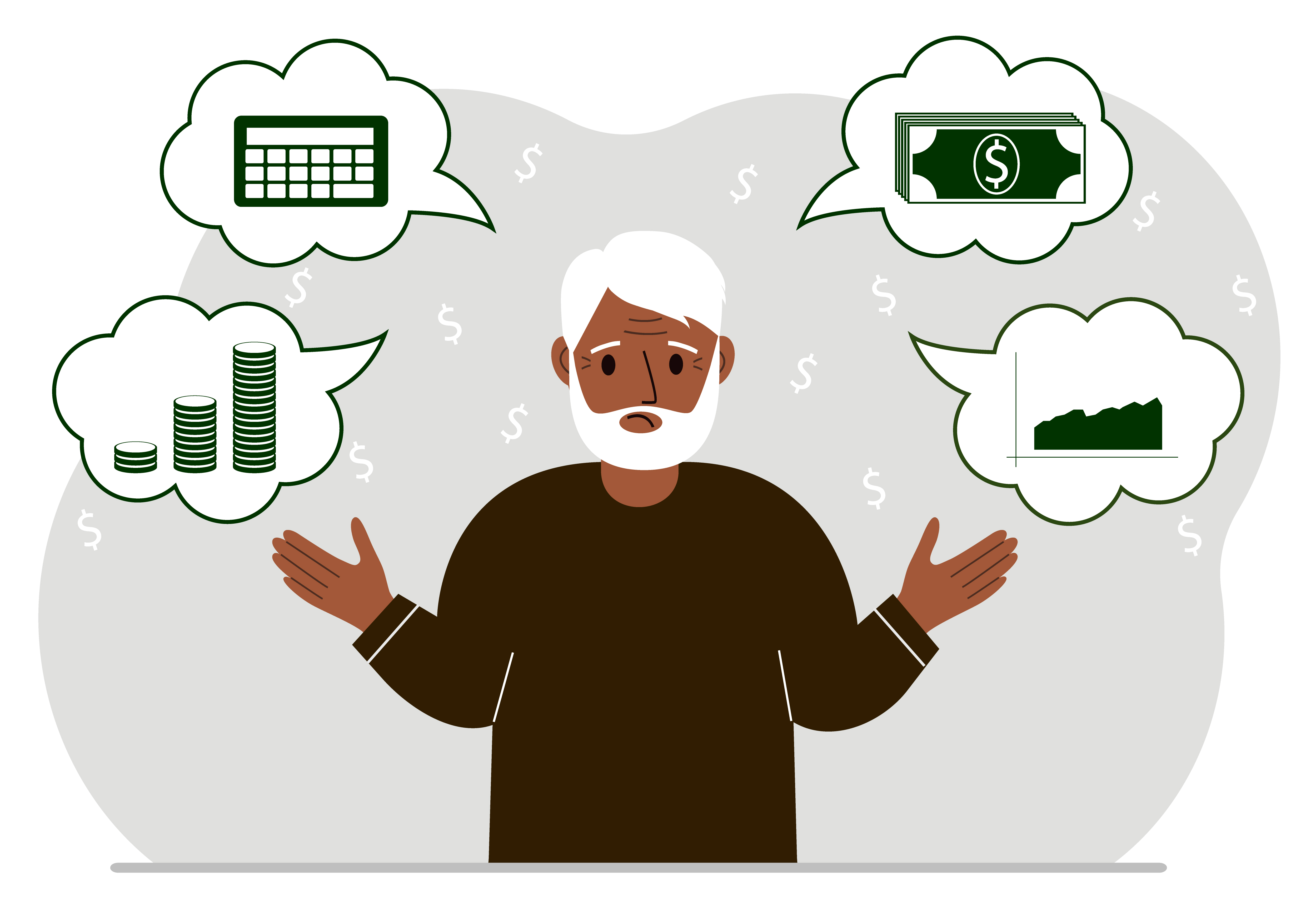
What is Islamic Economics?
Islamic Economics is the application of economic factors and matters according to "Social" priorities that guide "Social justice" in the lifestyle of a human being. The questions have concise and straight answers which can be spelt out with a definition which specifies the Islamic economic as a system,
"A system that defines the available resources blessed by Almighty Allah to mankind. How these resources are explored, produced, distributed, utilized, consumed and exchanged by a man, keeping in it the social justice and seeking best of these in participation and cooperation by applying the knowledge, experience, ability and efforts through the power of pen and book, granted by Almighty Allah to men in confirmation of man as "unique among creations" and "custodian" to all the resources that Almighty Allah owns alone and absolute."
In simpler terms, Islamic economics is a socioeconomic system that establishes the "Rights of Humanity", under the fulfilment of the "Rights of Almighty Allah", because Islam is not merely a religious faith, but Islam is a system itself that has a complete political, social, financial and economic guidance, permissions and prohibition for the Muslim and non-Muslim society. Islam is a "Deen" (lifestyle) in which faith is coupled inseparably with a refined code of life known as the glorious Shariah (law of Islam).
In this century if one seeks to define Islam linked to socioeconomics, a simple definition could be, "Any activity that has a commercial, economic and financial purpose with the priority of social benefit to mankind is classified as socioeconomics, the system that has basis on this classification leads to social growth and not just economic growth."
Islamic economics is the application of these teachings of Islam which is the only system for human life in the world with an intact theoretical source called "The Holy Quran". Amplification and elaboration of this theory are found in the "Hadith" (Sayings of Prophet Muhammad, Sallallahou Alayhe Wassalam) while the implementation and practising of the theories are elucidated through "Sunnah" (practices of Prophet Muhammad, Sallallahou Alayhe Wassalam) within Social Shariah".
The bases of Islamic economics are resources are unlimited, human efforts to explore the resources are limited and human "needs" and "wants" do not affect the supply of resources in these resources are distributed in social justice. The availability of resources is dependent upon the human efforts that develop human affordability in satisfying the needs because nations putting their efforts in achieving knowledge and seeking their rights in their economic system are the leaders of economic growth and when the nation is supposed to merge its economic growth with social growth, such nations are called socioeconomic welfare communities. Islamic economics offer all solutions to the economic crises to develop earth as welfare community.


